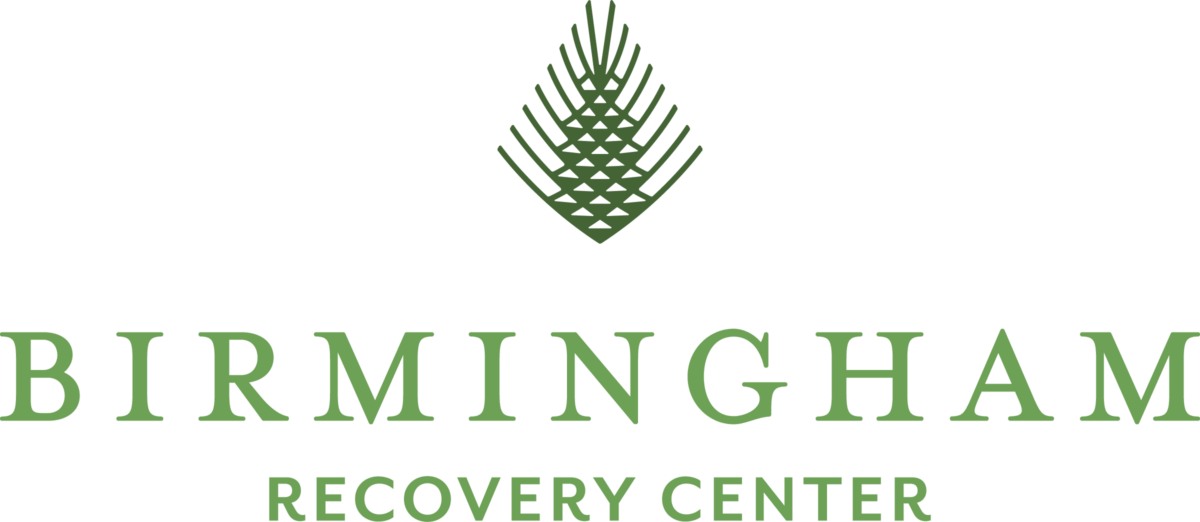It can be challenging to put your life on hold to get treatment. Outpatient rehabilitation has many benefits, such as affordability, independence, and family support through recovery. It is vital for individuals who participate in outpatient programs to know just how many benefits there are to receiving this type of treatment. According to the Substance Abuse and Mental Health Services Administration (SAMHSA), outpatient treatment is provided by 80 to 82 percent of facilities in the United States as of 2014.
Three Advantages of Outpatient Programs
The Cost of Outpatient Rehabilitation
Costs are generally lower for outpatient services. Outpatient services for mild to moderate addictions are usually cheaper than inpatient services. An outpatient program eliminates costs for overnight staff, room and board, and 24-hour care, so prices are significantly lower. Following diagnosis, you might also be eligible to get help from your insurance provider.
Privacy and Independence
Outpatient program participants are free to continue working or going to school and stay connected with their peers. In other words, you can continue living normally while receiving treatment. It can also benefit those who cannot afford to miss a day of work. Outpatient programs are flexible, so patients may maintain employment and receive treatments around their schedules.
In addition, you are free to share that you are receiving treatment with only the people you want to know. For some, this is a significant factor when deciding to receive treatment. Some patients may not want their families or people in their social circle to know about their addiction and treatment. The reasons for this may be fear of judgment or negative consequences. Nevertheless, the privacy of an outpatient program can significantly impact one’s recovery.
Accountability
Continuing care after receiving treatment at an inpatient facility is one of the greatest steps to give yourself a better chance to stay sober in the long run. Staying accountable can make or break your chances of recovery. Outpatient programs make it so much easier to stay accountable because you have the support of your peers who are also on the same journey.
Different Types of Outpatient Treatment
Outpatient treatment is offered in many ways depending on individual needs. Outpatient programs have their differences, so it is important to understand the differences.
Partial Hospitalization Program (PHP)
A partial hospitalization program (PHP) is the highest level of outpatient care. In this program, patients receive a similar treatment as if they were hospitalized; only they are not. This program benefits patients who do not need constant supervision but still require heavy structure and support.
Intensive Outpatient Program (IOP)
Treatment in an intensive outpatient program is a slightly less extreme version of a partial hospitalization program. As a result, the time commitment is lower. However, patients receive the same level of care.
These outpatient treatments are designed to meet you where you are and can benefit anyone who does not need inpatient care. Because these programs can be a bit more flexible than residential treatment, patients can stay in therapy for longer and generate better results in terms of their personal goals for recovery.
What Can You Take Away From Your Outpatient Program?
Choosing the right outpatient program can have lifelong benefits. Aside from therapy, your outpatient program has so much more to offer when it comes to educating about things that patients can use for the rest of their lives. If you were wondering what else you can take away from your outpatient program, here are a few.
Healthy Coping Strategies
Substance use disorders can, unfortunately, be a result of the inability to find other ways to cope with stressors in life. No matter what leads you to drug and alcohol use in the first place, it will not be as easy as simply cutting the substance out of your life. Learning to cope with stressors and cravings with healthy alternatives is vital to recovery. A lot of your time in treatment will focus on defaulting to positive alternatives when things get tough.
Building Communication Skills
One of the most useful skills you will learn while completing your rehabilitation is how to have clear and honest communication. This also includes learning how to ask for help. In the past, you may have been dishonest in order to cover up substance use. You may have been scared to ask for help. While both of these things are difficult to deal with, a good outpatient program will help you learn how to communicate your needs effectively and give you a space to speak freely if you think you may fall back into your old habits.
Identifying and Avoiding High-Risk Situations
Learning to identify spaces and situations that are dangerous to your recovery can help you avoid relapse. It is important to note that every high-risk situation is not avoidable, so your rehabilitation will focus on educating you about how to deal with those situations effectively.
Finding a Job and Managing Your Finances
Your current job might be a stressor in your life, or you may not have a job at all. Your treatment facility is one of the biggest resources for finding a job and learning about how to manage your personal finances. Working with your care team can help you figure out how to manage your situation. Your care team understands that not everyone was given proper financial education, and they are not there to judge. Setting and accomplishing goals financially will help you get back on track and live your best life.
The Best Outpatient Programs in Birmingham, AL
Birmingham Recovery Center is a trusted Recovery Center in Birmingham, AL that offers comprehensive treatment services for those who might need it. Our team of experienced experts is dedicated to helping individuals and their families find long-term recovery through evidence-based treatment plans and personalized care.
For more information about the outpatient programs offered at our center, contact us today. We are here to help you or your loved one regain control of their life and begin working toward sustainable recovery.

